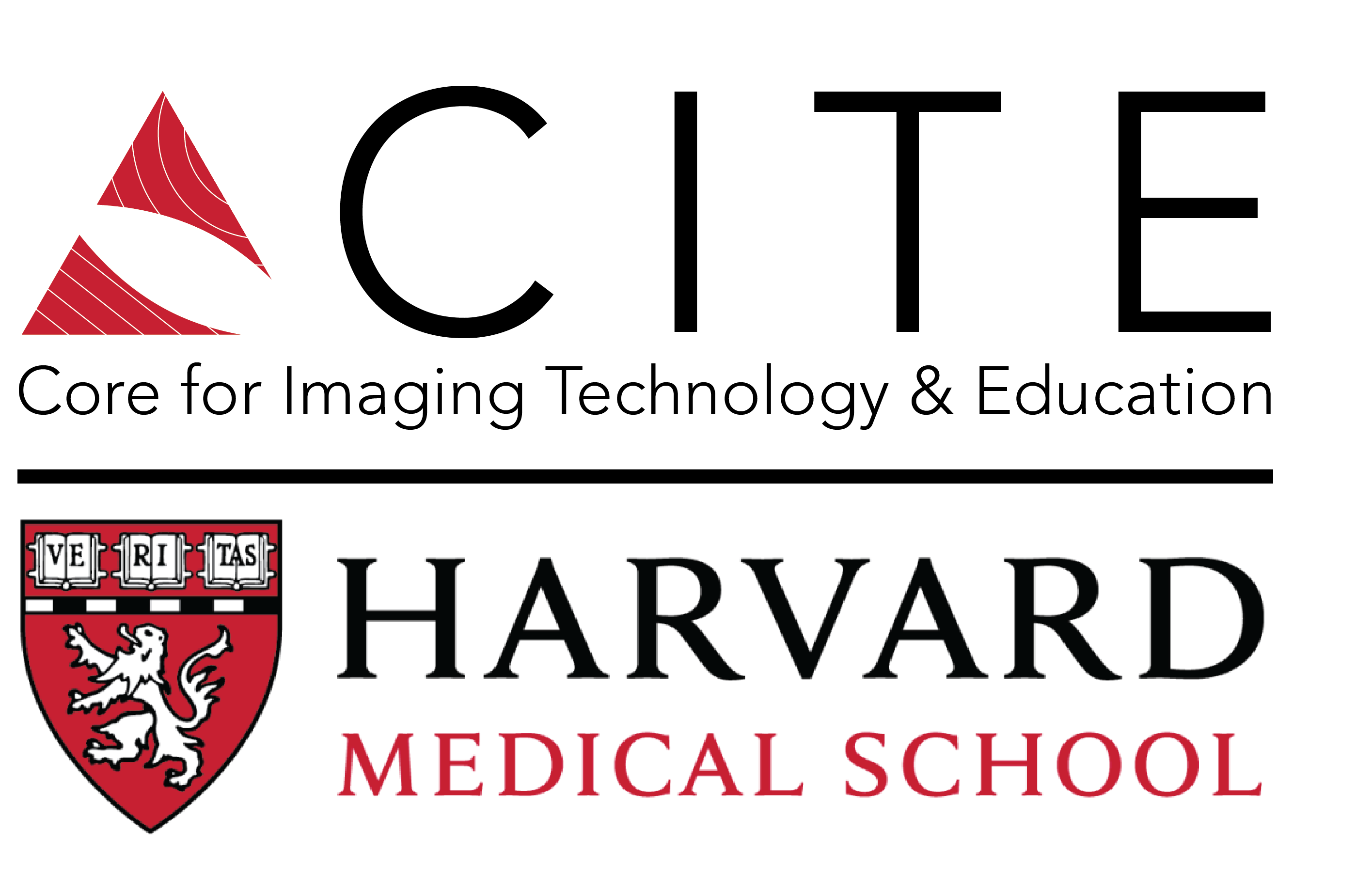NIC@HMS Workshop Program
The NIC@HMS offers a series of one-day workshops on light microscopy techniques from basic to advanced. These workshops are FREE and open to members of the Harvard community and its affiliates. Some workshops are open to participants from other educational or non-profit institutions; see individual workshop announcements. Attendance at NIC@HMS workshops is by application.
Education is a major part of the mission of the NIC@HMS. In addition to our workshop program, we occasionally offer other lectures, courses, and lecture series. Find more information about those on our Education page
Our workshops are encouraged but not required for using the microscopes in the NIC@HMS. If you want to use the NIC@HMS microscopes for your research, please review our access policy, then fill out the online request for training.
The NIC@HMS workshop program is organized into three modules: Foundations, Techniques, and Responsible Microscopy. Find applications for upcoming workshops and more information about each module below. If you have any questions about the workshop program, contact us at NIC_Workshops@hms.harvard.edu.
Upcoming Workshops
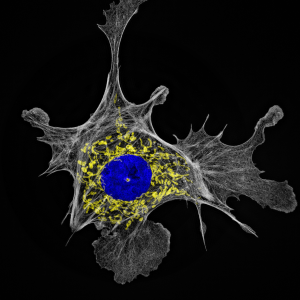
Applications open about two weeks before each workshop. Unless otherwise noted, workshops run 9:30am-5pm. Scroll down for workshop descriptions. If you would like to be notified when we schedule workshops, sign up for our mailing list.
Sign up for our education mailing list to be notified when we schedule workshops and when applications open!
NIC@HMS WORKSHOP MODULES
Foundations
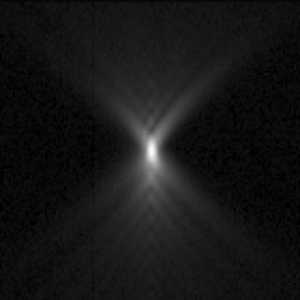
Workshops in the Foundations module provide a theoretical and practical foundation for commonly-used microscopy techniques. They cover topics that are essential for any microscope user.
Foundations workshops have no prerequisites and may be taken in any order. Workshops in this module are appropriate for researchers with a wide range of experience. They’re designed to be accessible for beginners with little to no microscopy experience, but even seasoned microscopists will learn something new that will improve their microscopy experiments.
All Foundations workshops are a full-day commitment including both lecture and hands-on lab content.
Fluorescence Microscopy & Optical Resolution (formerly “Fluorescence Microscopy”): This workshop covers fundamental principles in fluorescence microscopy, including the fluorescence microscope light path, filters and wavelength selection, light sources for fluorescence, resolution, objective lenses, and sample prep tips. You’ll leave this workshop with a better understanding of the essential hardware components of the fluorescence microscope and how they work together to form an image, as well as lots of practical information about how to improve image quality. *This workshop is a prerequisite for several workshops in the Techniques module.
Digital Imaging: This workshop focuses on a critical part of any microscope: the detector. We will cover theoretical principles behind digital images and the devices we use to generate them, including how sCMOS, CCD & EMCCD cameras work, digital image quality including signal-to-noise ratio and pixel size, camera acquisition settings, and digital image processing and display. We also include practical advice on improving the images you collect at the microscope and displaying them effectively in figures and presentations. *This workshop is a prerequisite for several workshops in the Techniques module.
Image Formation & Contrast Generation: This workshop focuses on the theoretical basis for image formation and contrast generation in microscopy. While the workshop applies these concepts primarily to transmitted light techniques like brightfield, DIC, and phase contrast, the concepts covered are applicable to any microscopy technique. Topics covered include Abbe’s theory of image formation, resolution, contrast generation techniques including phase, DIC, and darkfield, and alignment for Köhler illumination. The workshop includes hands-on labs on microscopes in the NIC, as well as an optional bonus lab with a home-built optical bench microscope. You’ll leave this workshop with a better understanding of the optical principles that underly a wide variety of imaging techniques, as well as practical skills to improve the quality of your transmitted light images.
Microscope Quality Control & Maintenance: How confident are you that your microscope is generating the best possible data? This workshop will introduce a variety of techniques that we use in the NIC to monitor, clean, and repair our microscopes to ensure that they are generating high quality, consistent data. Topics covered include an overview of the parts and pieces of the inverted microscope, standard samples and techniques for quality control, optics cleaning methods, and practical advice for maintaining a heavily-used microscope. There are no prerequisites for this workshop, but it’s intended for people with some microscopy experience and we assume knowledge of basic microscopy principles. If you’re not sure whether it’s right for you, ask us!
Techniques
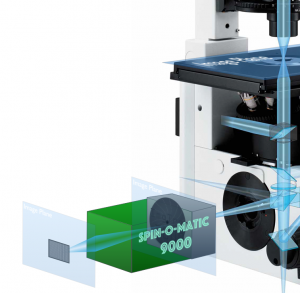
Workshops in the Techniques module apply and expand on the topics covered in the Foundations module, focusing on specific techniques that are commonly used in biomedical research.
All workshops in the Techniques module require prerequisites! These workshops assume understanding of the concepts introduced in the Foundations module, and for the most part do not review the relevant content in depth. If you’d like to take an Techniques workshop, plan ahead to make sure you can complete the required prerequisites (see below for each workshop’s prerequisites).
All Techniques workshops are a full-day commitment including both lecture and hands-on lab content.
Point-Scanning Confocal Microscopy: This workshop covers the design of confocal microscopes that scan samples with a single focused point source, such as the Nikon A1R and Zeiss LSM series. We will cover the benefits and limitations of this design as well as the types of specimens that will benefit the most from it. The lab exercises will focus on understanding the many settings and parameters that can be adjusted on a point-scanning confocal. This workshop is offered in collaboration with the MicRoN core
Prerequisites: Fluorescence Microscopy & Optical Resolution and Digital Imaging
Spinning-Disk Confocal Microscopy:This workshop covers the design of confocal microscopes that scan samples with multiple point sources simultaneously, such as the Yokogawa CSU series. We will cover the benefits and limitations of this design as well as the types of specimens that will benefit the most from it. The lab exercises will focus on best use practices that will help you acquire high quality images. This workshop is offered in collaboration with the MicRoN core
Prerequisites: Fluorescence Microscopy & Optical Resolution and Digital Imaging
Live Cell Imaging: This workshop is a practical introduction to the challenges of live cell imaging. We will expand on topics introduced in the Foundations series and add some new ones, including phototoxicity, microscope automation, microscope incubation systems, and fluorescent proteins and other live cell compatible labeling systems.
Prerequisites: Fluorescence Microscopy & Optical Resolution, Digital Imaging, and Image Formation & Contrast Generation
Responsible Microscopy
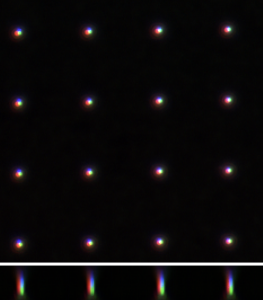
Workshops in the Responsible Microscopy module cover general principles of experimental design and reporting that will improve the rigor and reproducibility of your microscopy experiments.
The Responsible Microscopy workshops are appropriate for any researchers who routinely use microscopy in their research, whether they’re just starting or have been using microscopes for years. No prerequisites are required and the workshops in this module may be taken in any order.
Avoiding Bias in Microscopy Experiments: There are many factors that contribute to irreproducibility in microscopy experiments, and in this workshop we’ll focus on one of them: bias. Every experiment we do is subject to bias – whether it’s because we have a vested interest in the outcome of the experiment, or simply because our visual perception system tends to detect certain features in images preferentially. Unless we are vigilant about recognizing where our experimental design leaves openings for bias to affect results, we may come to conclusions that are incomplete or wrong. This workshop will introduce practical methods for designing microscopy experiments that are protected from bias, and provide general advice about recognizing potential bias.
*This is a half-day lecture- and discussion-based workshop with no lab component.
How to Write a Microscopy Methods Section: This workshop covers one of the most important but least glamorous microscopy skills: writing a microscopy methods section that enables your readers to reproduce your experiment. Understanding what goes into a good microscopy methods section is crucial, whether you are writing a paper, reviewing a manuscript, or reading the literature. We will discuss what should (and shouldn’t!) be included in a microscopy methods section, and practice by critiquing some published methods sections. While there are no prerequisites for this workshop, we assume familiarity with the parts & pieces of the fluorescence microscope, as well as an understanding of some basic microscopy principles. If you’re not sure whether the workshop is right for you, ask us!
*This is a half-day lecture- and discussion-based workshop with no lab component.
